Premenstrual dysphoric disorder (PMDD) is worse than premenstrual syndrome (PMS), affecting physical and mental health, and making daily activities hard. Let’s find out the 11 Symptoms of PMDD.
At Mcgrim Health, we focus on your mental well-being with expert care and personalized treatment plans. Our team is here to support you through your mental health journey. Contact us now.
What are the 11 symptoms of PMDD?
A woman needs to show at least five during her luteal phase for a PMDD diagnosis. These signs usually appear a week or two before the period. They often improve or vanish once the period starts. Let’s look at the essential 11 signs of PMDD:
-
Severe Mood Swings
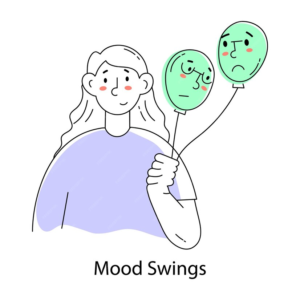
PMDD brings about strong and unforeseen changes in feelings. A person may feel joy one minute, then sudden sadness or rage the next. These emotional shifts can be so extreme they disrupt routines and change bonds. PMDD mood swings are unlike typical emotional ups and downs. They can be overwhelming and hard to control.
-
Depression or Feelings of Hopelessness
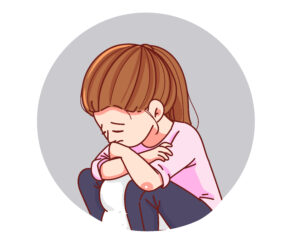
PMDD can cause serious depression. Some women may experience profound sadness, feelings of uselessness, or lack of hope. These emotions can get so intense, they mess with your everyday tasks. It’s more than just a low mood; it feels like a crushing sadness.
-
Marked Anxiety or Tension
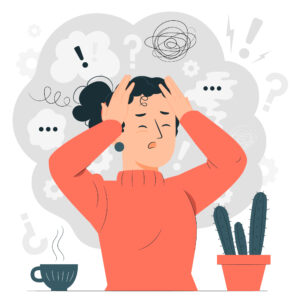
The anxiety tied to PMDD isn’t simply an ordinary concern. Women can regularly experience stress, nervousness, and tension. This anxiety could lead to a racing heart or difficulty breathing. When it becomes extreme, it might disrupt everyday chores and relations.
-
Persistent Irritability or Anger

Irritability and anger are common in PMDD. Women might feel easily annoyed or enraged over minor issues. This irritability can lead to conflicts with loved ones and can be hard to manage. The anger might feel out of character and difficult to control.
-
Decreased Interest in Usual Activities
Women with PMDD often lose interest in activities they once enjoyed. This can include hobbies, socializing, or even work. This lack of motivation can impact performance at work or school and strain personal relationships.
-
Difficulty in Concentration
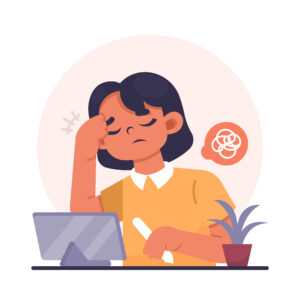
In PMDD, mental fog and trouble focusing are usual. Tasks may become hard for women to concentrate on, recall, or decide on. This could significantly affect academic performance and daily life.
-
Fatigue or Lack of Energy
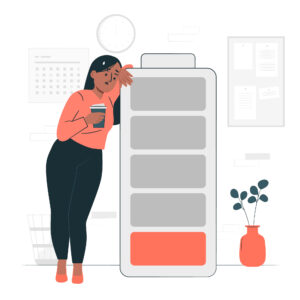
Feeling extremely tired and lacking energy are common signs of PMDD. Even after a full night’s rest, women may still feel depleted. Completing daily chores can become a daunting, tiring task due to this exhaustion.
-
Changes in Appetite
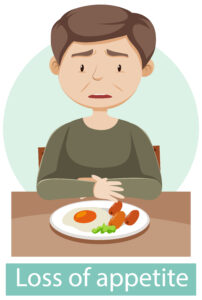
PMDD makes appetites go haywire. Many women start wanting particular foods or overeating, while others just can’t eat. This flips the scale, gaining or losing weight, and could mess with their health.
-
Sleep Problems
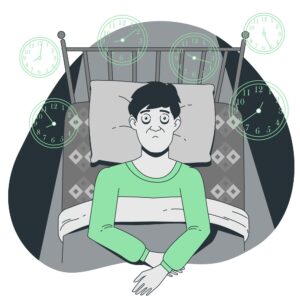
PMDD often leads to disrupted sleep patterns. Some may struggle to fall or stay asleep, known as insomnia. Others may sleep too much, called hypersomnia. Low-quality sleep tends to worsen other PMDD symptoms, such as tiredness and crankiness.
-
Feeling Overwhelmed or Out of Control
Many females suffering from PMDD may find their symptoms daunting. Completing everyday tasks or tackling stress could seem challenging. The feeling of losing grip can be intensely upsetting.
-
Physical Symptoms
PMDD can cause physical problems. Some might get sore breasts. Others might get headaches. They might deal with pain in their joints or muscles. They could feel bloated or notice they’ve gained weight. How bad these problems are can change. It can make everyday life difficult.
PMS vs. PMDD: What’s the Difference?
Many people experience body aches and mood swings before their period, known as PMS. However, PMDD is even more intense. PMS might stir a bit of unease. Yet, it doesn’t drastically upset the smooth flow of everyday life. PMDD, on the other hand, is crippling. It can hamper work, strain relations, and even impede routine tasks.
Causes of Premenstrual Dysphoric Disorder
It’s unclear what triggers PMDD for sure, but it seems linked to hormone shifts during periods. These changes can mess with serotonin amounts in the brain, causing changes in mood and more. Women with relatives who had PMDD, depression, or other mood troubles could be at higher risk.
Is PMDD Considered a Mental Illness?
PMDD is a mental health issue, including seniors, due to its strong psychological effects. It is categorized as a mood disorder and requires medical assistance. To control it, you can take medicine, get therapy, and adjust your daily routine to reduce symptoms.
Natural Remedies for PMDD
For anyone wanting to control PMDD symptoms without drugs, natural solutions could be helpful:
- Nutritional Supplements: Elements like calcium and vitamin B6 can help lessen issues.
- Herbal: Herbal products like chasteberry or evening primrose oil can provide relief for some.
- Acupuncture: Acupuncture, a Chinese practice, may help mellow symptoms for certain women.
Seeking Professional Help
Believing you have PMDD? Speak to a health expert. They can recognize symptoms, find out if it’s PMDD, and devise a plan customized for you. Getting advice from a PMDD psychiatrist can be extremely beneficial.
PMDD and Disability
Is PMDD a disability? Under specific conditions, PMDD may be so intense that it’s recognized as a disability. If PMDD symptoms dramatically affect their work or daily routines, women could qualify for disability benefits. These PMDD disability benefits offer monetary aid for those who can’t work because of their symptoms.
Related : Is PMDD a Disability?
Can PMDD Cause Infertility?
PMDD doesn’t lead to infertility itself, but intense symptoms and hormone changes tied to it can affect all-around reproductive health. Those with PMDD must bring up worries about fertility with their health professional.
Postmenstrual Symptoms
Some women may still feel certain effects once their cycle wraps up. These post-menstrual symptoms could contain tiredness, emotional shifts, and bodily uneasiness. To handle these, they might need lasting solutions and habitual tweaks.
Hormone Imbalance and PMDD
Imbalanced hormones can cause symptoms such as difficulty breathing. Women with PMDD might experience hormone imbalance causing shortness of breath and other physical symptoms. Resetting this balance through medication or lifestyle adjustments may help alleviate these symptoms.
Treatment Options for PMDD
PMDD can’t be cured, but we can control the symptoms. One method is medications like ibuprofen, which is useful for easing body aches and head pains. Another is birth control pills, they balance hormones easing both body and mind issues. Antidepressants, mainly SSRIs, help with psychological problems by keeping serotonin levels steady.
Making changes to your daily habits is key in controlling PMDD. Exercise often, it can lift your spirits and lessen symptoms. Eating right does wonders, too. Stay away from caffeine, alcohol, and cigarettes. Techniques to lower stress are also useful. Yoga, meditation, and mindful breathing benefit your overall health and lower stress levels.
Conclusion
What are the 11 symptoms of PMDD? What should we understand and recognize for effective management? Seeking medical attention and ongoing treatment is crucial for this serious disorder. If you suspect you have PMDD, it is recommended to seek professional help for the necessary support. Managing symptoms can enhance quality of life and help cope with PMDD challenges.
FAQs
Can bloating cause heart palpitations?
A bloated feeling might occasionally trigger heart fluttering. Bloating discomfort can push against your diaphragm, potentially causing your heartbeat to lose its normal rhythm.
What is a PMDD specialist?
Think of a PMDD specialist as a medical expert. Their forte is understanding and addressing Premenstrual Dysphoric Disorder. To manage the tough symptoms of PMDD, they design specific treatment strategies for each person.
Can PMDD cause infertility?
PMDD doesn’t straight up cause infertility. Yet, the harsh symptoms and hormonal ups and downs linked to PMDD can touch reproductive health. Always talk to your healthcare provider about fertility worries.
Does vitamin D affect your period?
Absolutely, there’s a connection between vitamin D and your menstrual cycle. Not having enough vitamin D is tied to inconsistent periods and other cycle problems. Making sure your vitamin D levels are good can bring balance to your cycle.
What does PMS syndrome mean?
PMS, or Premenstrual Syndrome, involves small physical or emotional shifts. Unlike PMDD, a much harsher condition, it doesn’t disturb your everyday routine.

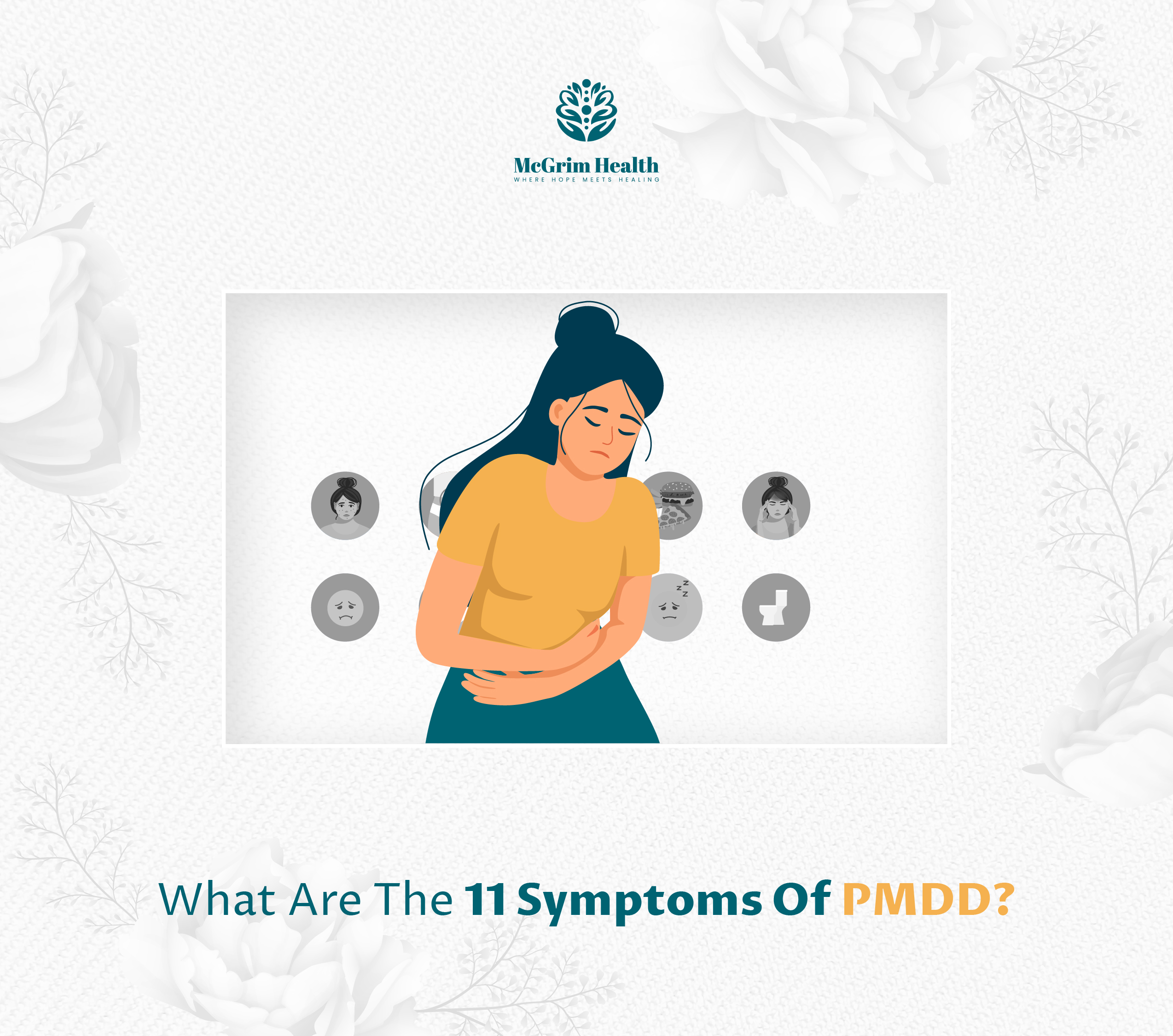
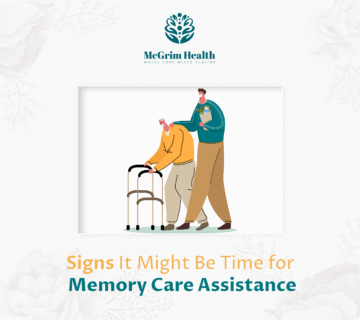
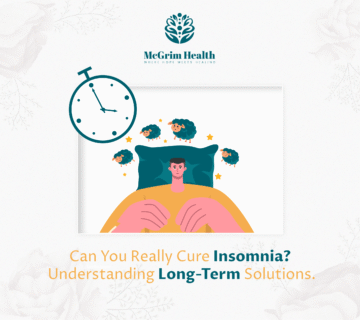
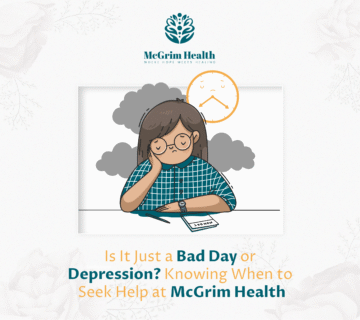
No comment